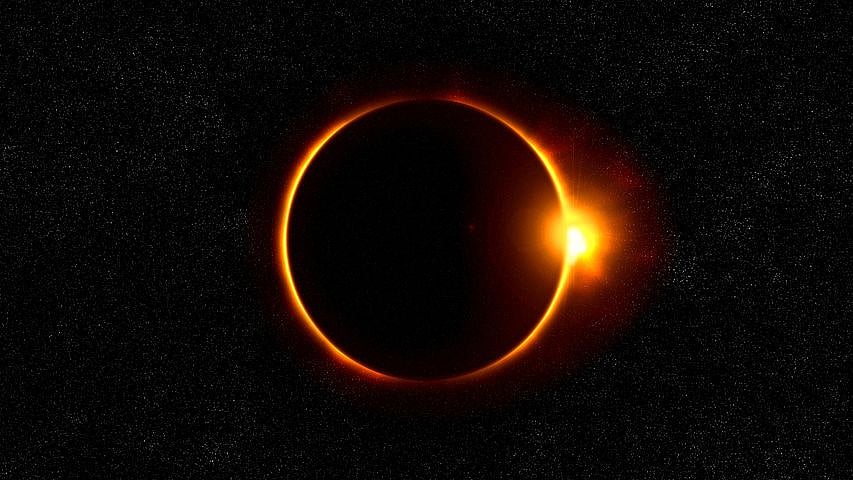A viral social media rumour claiming the world will plunge into total darkness on August 2, 2025, due to a rare total solar eclipse has stirred widespread panic and confusion. Some posts even falsely claim that such an event won’t recur for another hundred years. But let’s clear the air-NASA and leading astronomers have confirmed there will be no total solar eclipse on this date.
No total solar eclipse in August 2025, says NASA
According to NASA, the alarm caused by this misinformation likely stems from confusion between multiple solar events. While solar eclipses are not uncommon, total solar eclipses are rare and only visible along narrow paths on Earth. The idea that the entire planet will be engulfed in darkness is scientifically impossible.
Instead of a total eclipse, a partial solar eclipse is expected on September 21, 2025. This event will be visible only from specific regions across parts of Africa, Europe, and southern Asia. Areas like North and South America will not witness any eclipse at all.
What to expect during the September 2025 partial eclipse?
A partial solar eclipse occurs when the Moon covers a portion of the Sun, creating a crescent Sun. The sky remains lit, although sunlight may dim slightly and temperatures can dip a bit. While it won’t deliver the drama of totality, it’s still a captivating astronomical event.
Safety tip: Always use certified solar viewing glasses or pinhole projectors when observing any eclipse. Looking directly at the Sun-even during a partial eclipse-can cause serious eye damage.
The real 'eclipse of the century' is on August 2, 2027
The rumours likely confused the 2025 date with an actual total solar eclipse set to occur on August 2, 2027. This celestial event is already being called the "Eclipse of the Century" due to its extraordinary duration of 6 minutes and 23 seconds-far longer than the average 2–4 minutes.
The 2027 eclipse will be visible along a path stretching over 9,400 miles and across 11 countries, including Spain, Morocco, Egypt, Saudi Arabia, Yemen, Somalia, among others.
The August 2, 2025 total eclipse claim is false. Instead, prepare for a partial eclipse in September 2025, and look forward to the historic 2027 eclipse-a once-in-a-lifetime experience for skywatchers across the globe. Always rely on verified sources like NASA to separate space fact from fiction.










